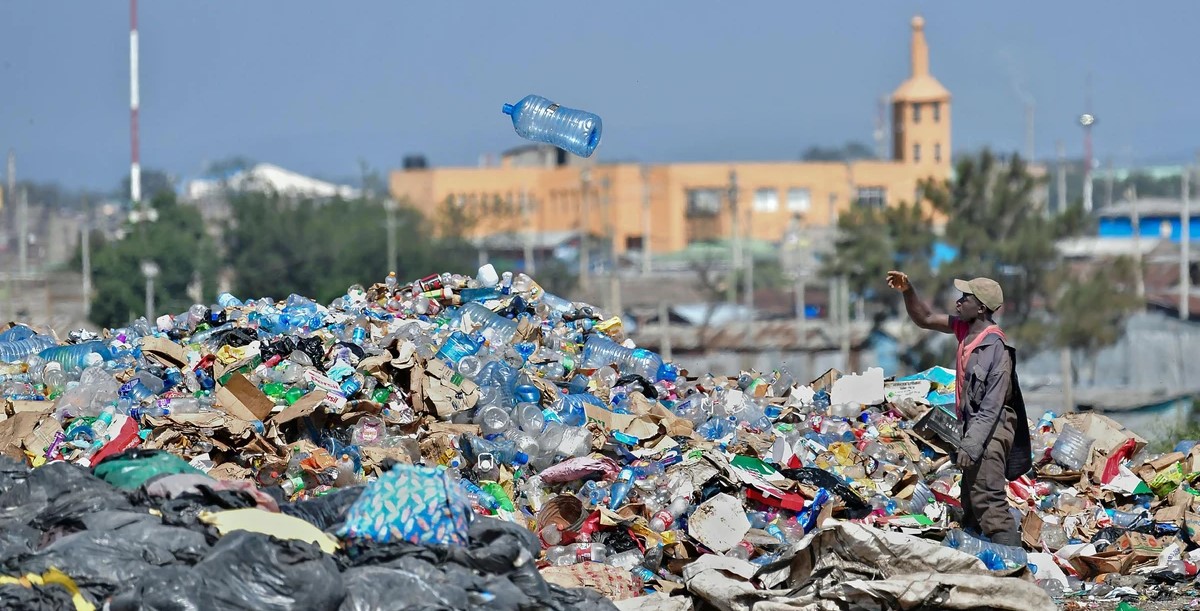(4 minutes read)
Representatives from 175 countries are assembling in Kenya from Monday to discuss measures to be taken to address the scourge of plastic waste and the need for a binding global treaty
Representatives from 175 countries are assembling in Kenya from Monday to discuss measures to be taken to address the scourge of plastic waste and the need for a binding global treaty. This is the first time such a summit is taking place on a global scale to end the menace of plastic waste by the end of 2024.
The stakes are high because petrochemical plastics are everywhere. Wastes of all sizes and hues can be found at the bottom of oceans and on mountaintops. Microplastics have been detected in blood and breast milk triggering health hazards.
The negotiators have already met twice. But the meeting between 13 and 19 November in Nairobi, the headquarters of the United Nations Environment Programme (UNEP), is the first opportunity to discuss a draft treaty published in September. The draft policy outlines the many ways in which the plastic problem can be solved. There is a broad consensus on the need for a treaty. However, environmentalists and the plastics industry representatives differ in their respective stand as to how to end the menace.
Several countries and environmental NGOs are arguing in favor of a ban on single-use plastic products and stricter rules, whereas manufacturers and the main producer countries are campaigning for recycling and better waste management.
Plastic pollution is set to get worse as annual production has more than doubled in 20 years to 460 million tonnes. It could triple by 2060 if nothing is done. Yet only 9% is recycled. Plastic also plays a role in global warming, accounting for 3.4% of global emissions in 2019, a figure that could more than double by 2060, according to the OECD. Ahead of the discussions in Nairobi, some sixty countries expressed their concern about this trend and called for binding provisions in the treaty to restrict and reduce the consumption and production of plastic.
Read Also:
https://trendsnafrica.com/is-pollution-due-to-plastics-on-retreat-so-says-experts/
https://trendsnafrica.com/plastics-pharmaceuticals-and-sugar-top-nigerias-imports-in-20-21/
Graham Forbes, head of Greenpeace, argues that the treaty will succeed or fail “depending on how it limits plastic production upstream. But many countries – notably the United States, China, Saudi Arabia, and members of OPEC – are reluctant to consider cutting production. The EPS Industry Alliance, a North American association defends companies that make expanded polystyrene (frequently used in the US for takeaway cups). They point out that there has been an insufficient independent scientific review of the treaty, listing unintended consequences of some of the proposals. The Nairobi meeting is the third of five sessions in a fast-track process aimed at concluding the negotiations next year.





